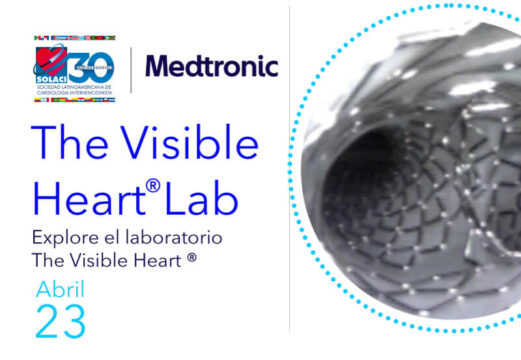Patients with a history of atrial fibrillation treated with warfarin or any of the new direct oral anticoagulants undergoing acute myocardial infarction do not present higher risk of bleeding when receiving angiography or angioplasty. In fact, this subgroup of anticoagulated patients showed lower in-hospital mortality than the control group.
After analyzing 6471 patients undergoing ST elevation MI and 19954 patients undergoing non-ST elevation MI included in the ACTION registry, it was observed 71.3% of atrial fibrillation patients do not receive anticoagulants, 15.7% receive warfarin and 13% receive one of the new anticoagulants (rivaroxaban, apixaban, edoxaban o dabigatran).
There were no significant differences in bleeding risk between patients on anticoagulants and no anticoagulants patients. In addition, this was true for both STEMI and NSTEMI patients.
Read also: “FOURIER: Evolocumab Found Beneficial for Patients with Peripheral Vascular Disease of Prior MI”.
The use of warfarin was associated with a 22% reduction of in-hospital death and direct oral anticoagulants with a 39% reduction (both compared against no anticoagulation).
Original title: Management and outcomes of myocardial infarction in the age of direct oral anticoagulants for atrial fibrillation: a report from the NCDR ACTION Registry-GWTG.
Reference: Feldman DN et al. American Heart Association 2017 Scientific Sessions. November 12, 2017.
Subscribe to our weekly newsletter
Get the latest scientific articles on interventional cardiology
We are interested in your opinion. Please, leave your comments, thoughts, questions, etc., below. They will be most welcome.



